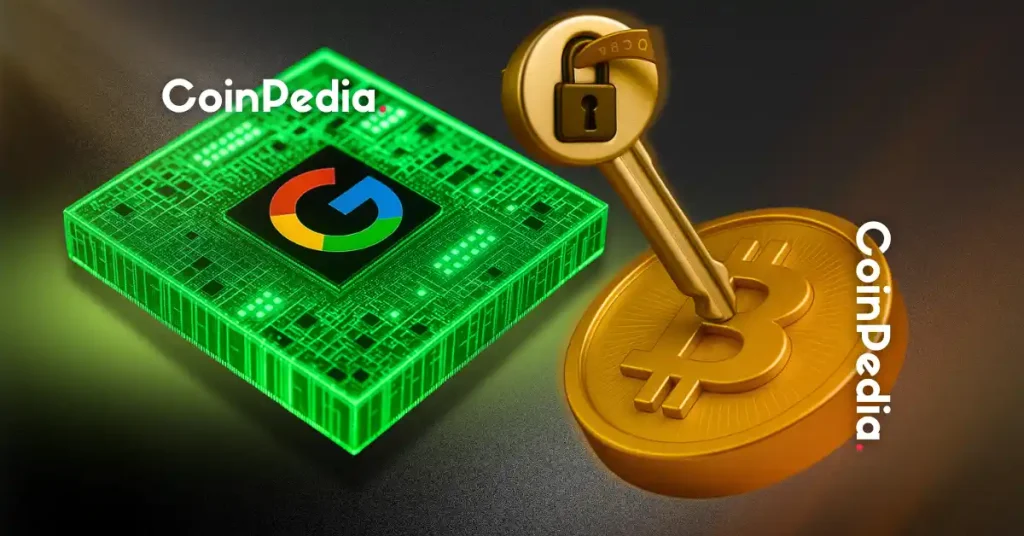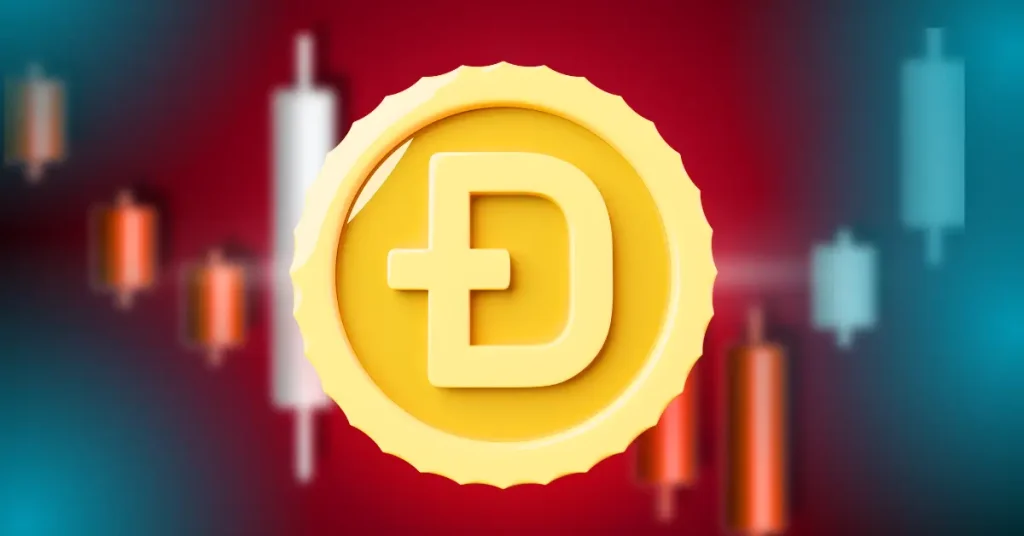
The post Quantum Computing vs. Crypto: Are Exchanges Ready for the Next Big Threat? appeared first on Coinpedia Fintech News
Crypto markets are under pressure: Bitcoin dipped below $111,000 following macroeconomic shocks, and liquidity stress has sent cascading losses across platforms. Meanwhile, breaches continue to strike.
A recent exploit of UXLINK allowed attackers to mint billions of tokens and dump value, wiping out millions in seconds. Add to that the billion-dollar bridge hacks of recent years, and the risks facing exchanges have never been clearer.
In his interview with Coinpedia, Baek pulled no punches: “Exchanges should start treating blockchain risk as a real-time operational signal. When billions of dollars can vanish in a single exploit, speed and preparation are everything.”
Exchange Security in Real Time
Baek recommends that exchanges gate deposits and withdrawals based on live chain health metrics like confirmation times, validator churn, or spikes in suspicious activity. Modern risk engines should act like independent co-signers, simulating every transaction before approval. Strong key management—through multi-party computation and hardware-backed signers—is also essential to prevent catastrophic losses.
Decentralization vs. Compliance
Far from being enemies, Baek believes decentralization and regulation can work together: “The future of crypto is more likely to center on privacy-preserving compliance.” Zero-knowledge proofs could let users prove they passed checks without exposing personal data, while AI-driven monitoring tools can detect abnormal activity in real time. This hybrid approach allows open access for everyday users while giving regulators verifiable assurances for institutional transactions.
The Quantum Threat on the Horizon
The most long-term challenge may come from quantum computing. Algorithms like Shor’s could break today’s cryptographic signatures, enabling attackers to forge transactions or steal funds. Even before that, attackers are already collecting encrypted data today in hopes of decrypting it later.
Baek warns: “Quantum computing is like an asteroid we can already see on the horizon: we know it’s coming, and we have time to build a deflection plan—but only if we start preparing now.”
Forward-looking projects are already testing quantum-safe signatures and migration tools. Those who adapt early may gain both security and user trust, while those who delay risk chaos when the first real quantum attack hits headlines.
Never Miss a Beat in the Crypto World!
Stay ahead with breaking news, expert analysis, and real-time updates on the latest trends in Bitcoin, altcoins, DeFi, NFTs, and more.

 3 hours ago
20
3 hours ago
20














 English (US) ·
English (US) ·